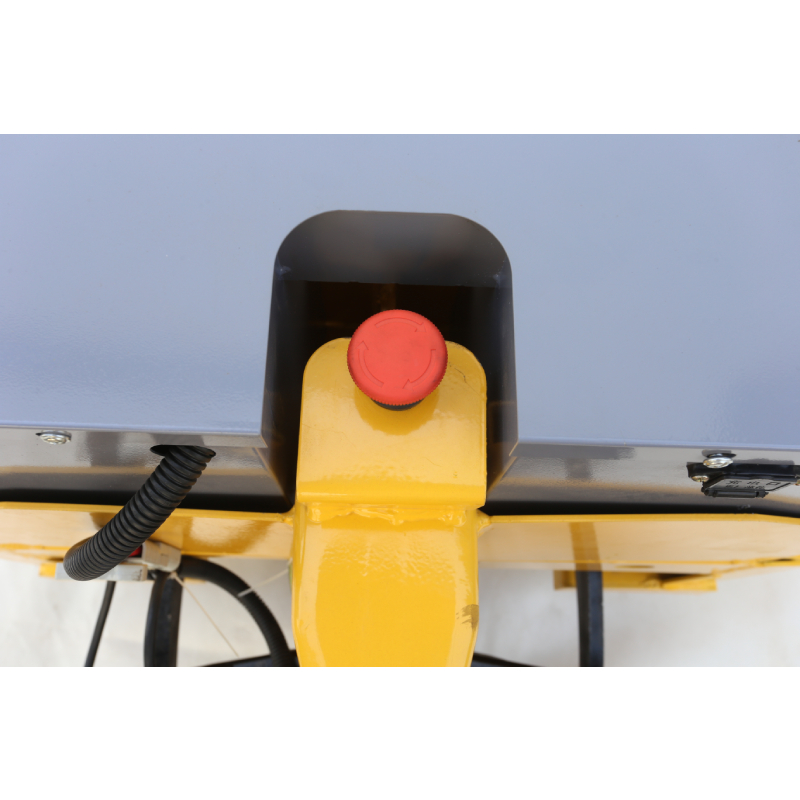


The Evolution and Applications of Electronic Crane Scales
In today's industrial landscape, efficiency and precision are paramount. Among the various tools employed to enhance operational efficacy, electronic crane scales stand out as vital instruments for weight measurement in a multitude of settings. These scales have seen considerable evolution, advancing from traditional mechanical devices to modern electronic systems equipped with cutting-edge technology.
What is an Electronic Crane Scale?
An electronic crane scale, often referred to as a digital crane scale, is an instrument designed to weigh heavy objects suspended from a hook. Unlike traditional scales, which rely on mechanical components, electronic crane scales utilize sensors to provide accurate weight readings displayed digitally. This shift towards electronic measurement has enabled advancements in precision, ease of use, and data management.
Technological Advancements
The advancements in technology have significantly improved the functionality of electronic crane scales. Modern devices often incorporate load cells, which convert the weight force into an electrical signal. This technology allows for high accuracy and repeatability, with many scales providing measurements accurate to within a few grams.
Moreover, features such as wireless connectivity have transformed how these scales are used in the field. Operators can now monitor weight data remotely via smartphones or tablets, which streamlines operations and enhances efficiency, especially in large warehouses or shipping yards. Additionally, some models offer data logging capabilities, allowing businesses to track weights over time for inventory management or compliance purposes.
Applications Across Industries

Electronic crane scales have versatile applications across various industries. In construction, they are essential for weighing steel beams, machinery, and other heavy materials before lifting them into place. This practice not only ensures safety by preventing overloading cranes but also aids in project planning and execution.
Similarly, in shipping and logistics, electronic crane scales are indispensable for accurately determining the weight of containers and cargo. This data is crucial for regulatory compliance and efficient transportation planning. Overloading can lead to fines and safety hazards, making precise weight measurements a necessity in these sectors.
The manufacturing industry has also adopted electronic crane scales for weighing raw materials, ensuring that production processes remain consistent. Consistently monitoring material quantities prevents production delays and improves overall efficiency.
Safety and Compliance
Beyond operational efficiency, electronic crane scales contribute significantly to safety in industrial settings. Overloading a crane is one of the leading causes of accidents in material handling. By providing accurate weight readings, these devices help prevent overloading, thereby reducing the risk of accidents and injuries on the job site.
Furthermore, many industries are subject to regulations regarding weight and safety standards. Electronic crane scales ensure compliance with these regulations, providing accurate documentation that can be vital during audits or inspections.
Conclusion
In conclusion, electronic crane scales represent a significant leap forward in weight measurement technology. Their advanced features and applications across various industries underscore their importance in enhancing safety, efficiency, and compliance. As technology continues to evolve, the capabilities of electronic crane scales are likely to expand further, solidifying their role as essential tools in modern industrial operations. Whether in construction, logistics, or manufacturing, these instruments are indispensable for ensuring accurate weight measurements and bolstering overall productivity.



